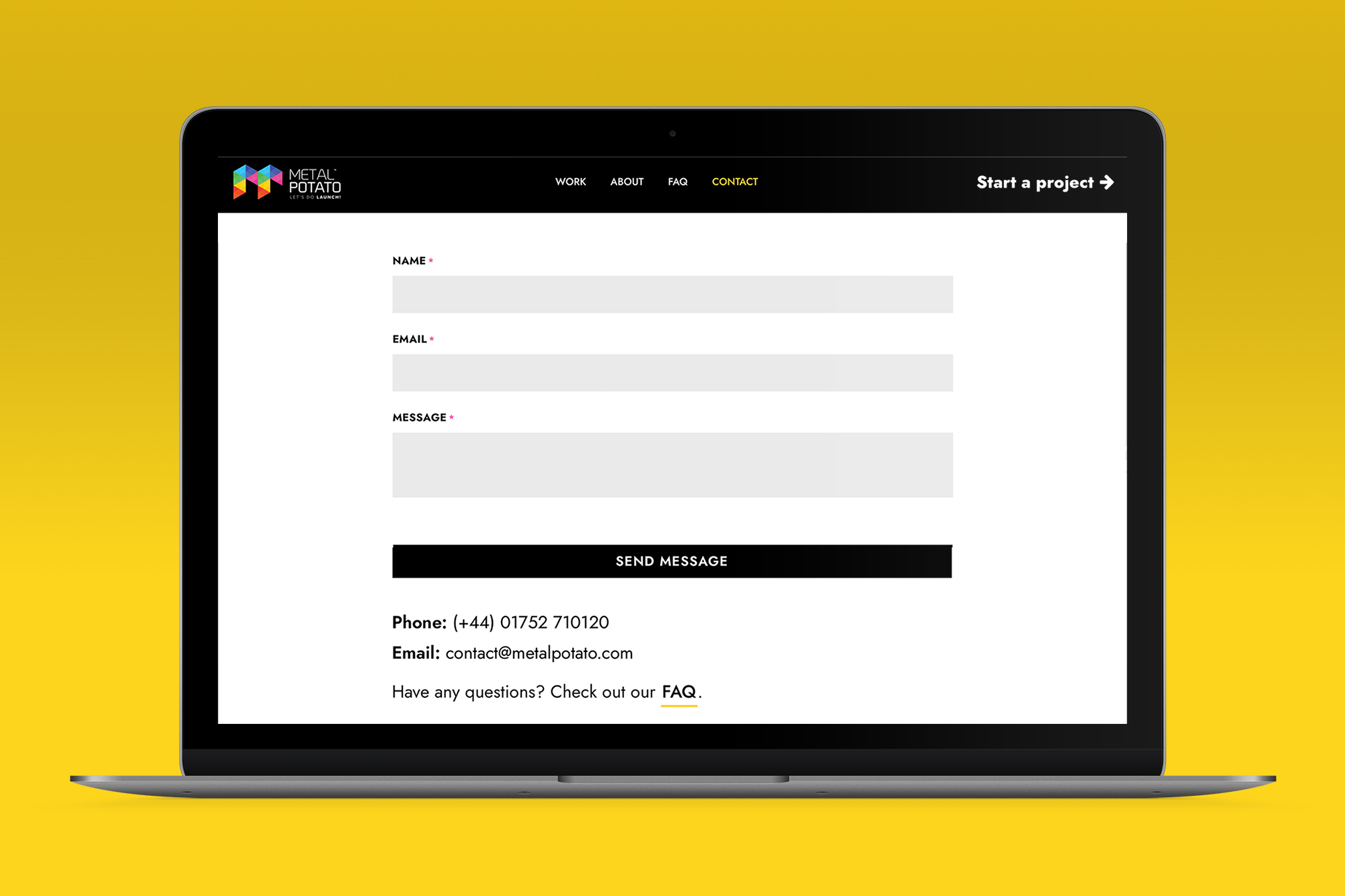As a digital marketer, I have come to realise that analytics are the backbone of any successful digital marketing campaign. Analytics provide valuable insights into how your website or social media pages are performing, the behavior of your audience, and ultimately, how successful your marketing efforts are. In this article, I will delve into why analytics are important in digital marketing and how they can help you achieve your marketing goals.
Introduction to analytics in digital marketing
Analytics refers to the data that is collected and analysed to track the performance of your digital marketing campaigns. These campaigns can include social media marketing, email marketing, search engine optimisation, pay-per-click advertising, and more. Analytics provide you with valuable information such as the number of visitors to your website, where they are coming from, how long they stay on your site, which pages they visit, and more.
Benefits of using analytics
The benefits of using analytics in digital marketing are numerous. Analytics can help you:
- Understand your audience: Analytics help you understand who your audience is, what they are looking for, and how they interact with your website or social media pages. This information can help you tailor your marketing strategies to better meet the needs of your audience.
- Track your marketing efforts: Analytics help you track the success of your marketing campaigns. You can see which campaigns are generating the most traffic, leads, and conversions, and adjust your strategies accordingly.
- Optimise your website: Analytics can help you identify areas of your website that need improvement. For example, if you notice that visitors are leaving your website after only a few seconds, you may need to improve the design or content of your site.
- Save time and money: Analytics can help you identify which marketing strategies are not working, so you can stop wasting time and money on them.
Common analytics tools used in digital marketing
There are several analytics tools that digital marketers commonly use to track their marketing efforts. Some of the most popular tools include:
- Google Analytics: Google Analytics is a free tool that provides detailed insights into your website’s traffic, user behaviour, and more. Recognised as the pinnacle of analytics, it enjoys widespread adoption across nearly all websites on the internet.
- SEMrush: SEMrush is a paid tool that provides comprehensive data on your website’s SEO, paid search, social media, and content marketing efforts.
- HubSpot: HubSpot is an all-in-one marketing platform that includes analytics, CRM, email marketing, and more.
Track for different marketing channels
Different marketing channels require different metrics to track their success. Here are some of the most important metrics to track for different marketing channels:
- Social media marketing: Likes, comments, shares, and followers are vital metrics to track with your analytics systems. They gauge content appeal, conversation, virality, and brand growth. Tracking these metrics enables data-driven decisions for optimised campaigns, enhanced brand awareness, and increased customer engagement.
- Email marketing: Open rates, click-through rates, and conversion rates are crucial email marketing metrics. Open rates indicate initial impact, click-through rates measure engagement, and conversion rates track desired actions. Analysing these metrics optimises campaigns and evaluates their effectiveness in driving engagement and revenue.
- Search engine optimisation: SEO metrics to track: 1) Organic traffic: measure website visitors from search engines. 2) Keyword rankings: assess website’s visibility for target keywords. 3) Backlinks: monitor quality and quantity of incoming links. These metrics help evaluate and improve SEO performance.
Real-world examples of analytics success
Analytics have had a significant impact on digital marketing efforts. Here are some real-world examples:
- Netflix: Netflix uses analytics to analyse user data, personalise recommendations, and improve user experience. By collecting viewing habits, ratings, and preferences, Netflix employs machine learning algorithms to predict content preferences, enhance engagement, and refine its offerings.
- Amazon: Amazon uses analytics to track user behavior, analyse data, and create personalised product recommendations. Machine learning algorithms learn from interactions, predicting future purchases. Analytics optimise inventory, pricing, and supply chain for efficiency and customer satisfaction.
- Uber: Uber uses analytics to track user behavior, optimise pricing, improve routes, and detect fraud. It collects data on passenger patterns, ride duration, locations, and driver availability to match supply and demand, ensure efficient trips, and enhance safety.
Using analytics to improve your marketing strategy
To use analytics to improve your digital marketing strategy, you need to:
- Set clear goals: Defining what you want to achieve with your marketing efforts is essential for creating an effective strategy. Your goals should be specific, measurable, achievable, relevant, and time-bound (SMART). For example, your goal could be to increase website traffic by 20% within six months or to generate 50 qualified leads per month. Clear goals provide a roadmap for your marketing activities and help align your team’s efforts.
- Track the right metrics: Tracking relevant metrics allows you to measure the effectiveness of your marketing efforts and determine if you’re on track to achieve your goals. The choice of metrics depends on your specific objectives, but some common ones include website traffic, conversion rates, customer acquisition costs, return on investment (ROI), social media engagement, and email open rates. It’s important to focus on the metrics that directly reflect progress toward your goals and provide meaningful insights into your marketing performance.
- Analyse the data: Once you’ve collected the data, it’s crucial to analyse it to gain insights into your audience and their behavior. This analysis involves examining trends, patterns, and correlations in the data to identify what’s working and what needs improvement. For example, you might discover that a specific marketing channel is driving the majority of your conversions or that certain demographics are more responsive to your messaging. Data analysis helps you understand your audience’s preferences, identify opportunities for optimisation, and make informed decisions to enhance your marketing strategies.
- Adjust your strategies: Armed with insights from data analysis, it’s important to adapt and refine your marketing strategies. By making data-driven adjustments, you can optimise your marketing efforts for better results and return on investment. For instance, if you find that a particular campaign isn’t resonating with your target audience, you can tweak the messaging, targeting, or channel selection. Regularly reviewing and adjusting your strategies based on data insights ensures that you stay agile, maximise your resources, and continually improve your marketing effectiveness.
Why analytics matters
In conclusion, analytics are essential for understanding your audience, tracking your marketing efforts, and optimising your marketing strategies. By using analytics tools and tracking the right metrics, you can gain valuable insights into your audience and make informed decisions about your marketing strategies. So, if you want to succeed as a digital marketer, analytics should be a top priority.
Looking for assistance in implementing a digital marketing strategy with a focus on analytics? Reach out to Metal Potato today and discover the ways we can support you.
Let's make a website!
Book a FREE video call to discuss your business, project strategy, and more!
"*" indicates required fields
More from Metal Potato
How to Write SEO Content That Converts
How to craft SEO content that climbs rankings! Strategies for keyword targeting, readability, and engaging writing techniques.
Contact Page Design: A Blueprint for Success
Learn how to optimise your contact page for better engagement and conversions with expert tips and inspiring examples.
Why Your Website Isn’t Showing Up on Google
Discover why your website isn't showing up on Google and learn actionable solutions to boost your visibility!
How Google Remarketing Rescues Lost Customers
Revive lost leads with Google Remarketing! Target engaged visitors, boost ROI with personalised ads across Google platforms.
Unmasking SEO Scams and Safeguarding Your Website
Guard your business against SEO scams! Uncover deceitful tactics, red flags, and empower your online success with our tips.
How Often Should You Blog?
Optimise your blog's success with the perfect posting frequency! Learn to balance consistency, quality, and engagement for organic growth.






